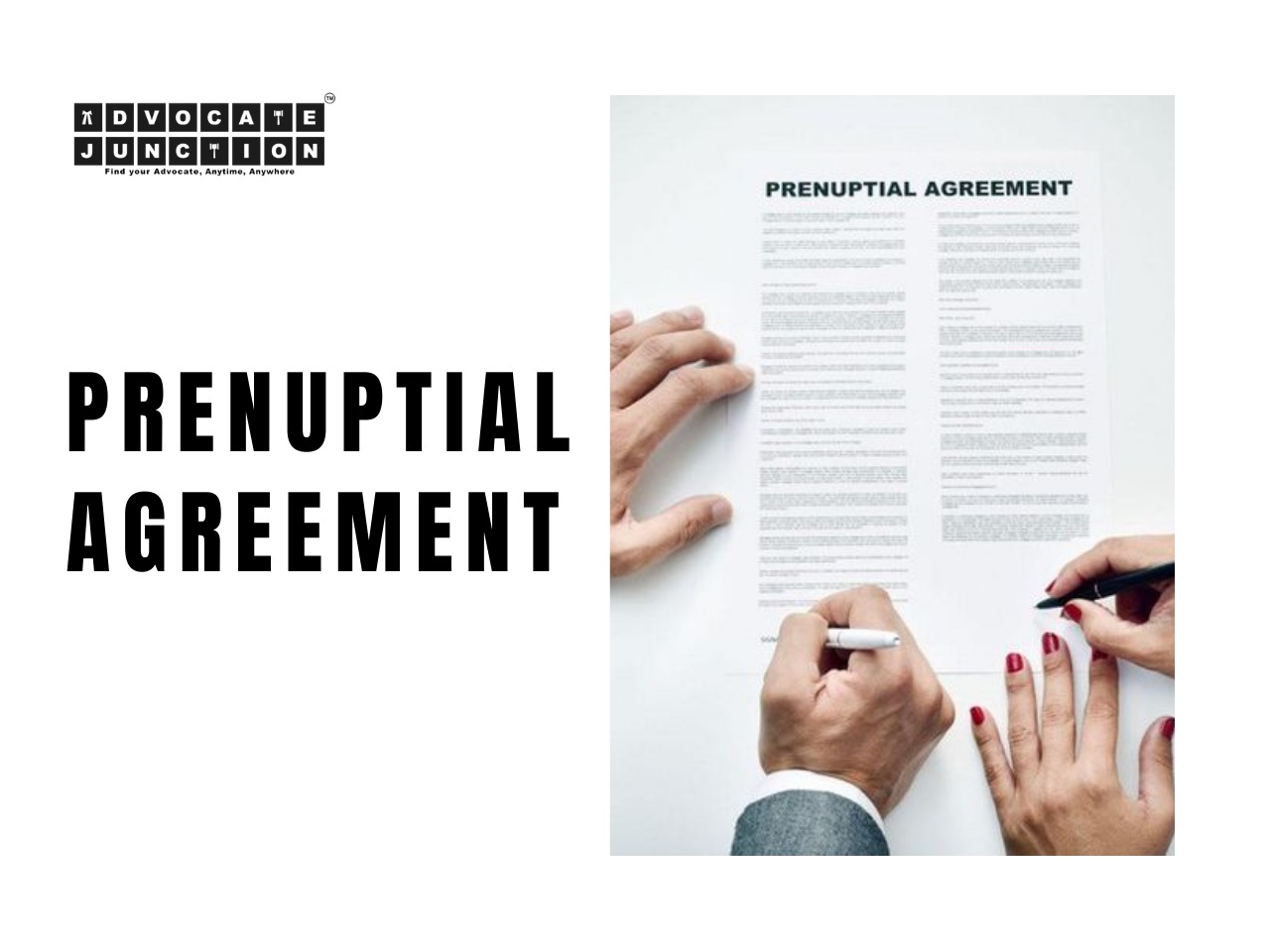Divorce: Legal Termination of Marriage
Divorce is the legal dissolution of marriage, granting both spouses the right to remarry. In India, a divorce petition can be filed only after one year of marriage, except in cases of extreme hardship. The process involves two stages—reconciliation attempts followed by the final decree.
Legal Status & Re-marriage
Once divorce is granted:
- The marriage is legally dissolved.
- Both individuals are free to remarry.
- Inheritance rights between former spouses cease unless stated in a legal agreement or Will.
Grounds for Divorce (Section 13, Hindu Marriage Act, 1955)
- Adultery – Extramarital sexual relations.
- Cruelty – Physical or mental abuse.
- Desertion – Abandonment for two or more years.
- Conversion – Change of religion without consent.
- Mental Disorder – Incurable mental illness affecting marital life.
- Leprosy/Communicable Disease – Grounds for seeking divorce.
- Renunciation – Becoming a hermit or ascetic.
- Presumption of Death – Missing for at least seven years.
Maintenance & Alimony (Section 25, Hindu Marriage Act)
A divorced wife may receive alimony based on:
- The husband’s financial capacity.
- Standard of living during marriage.
- The wife’s financial needs.
Interim maintenance can also be granted during divorce proceedings.
Judicial Separation: Living Apart Without Divorce
Judicial separation allows couples to live apart without dissolving the marriage, offering time for reflection and possible reconciliation.
Legal Status & Re-marriage
- The marriage remains legally valid.
- Spouses cannot remarry unless a divorce is obtained.
Grounds for Judicial Separation (Section 10, Hindu Marriage Act)
Same as divorce, including adultery, cruelty, desertion, conversion, mental disorder, and renunciation.
Maintenance During Judicial Separation
A judicially separated spouse may claim maintenance based on the husband’s financial status, lifestyle, and responsibilities.
Mutual Divorce: Amicable Termination of Marriage
Mutual divorce allows spouses to end their marriage by mutual consent, avoiding lengthy litigation.
Legal Procedure
- Filing the Petition – Both spouses jointly file for divorce, stating they have lived separately for a year.
- First Hearing – The court verifies consent and ensures no coercion.
- Cooling-Off Period – A mandatory six-month waiting period for reconsideration.
- Second Hearing – If both still consent, the court grants the final divorce decree.
Conclusion
Divorce and judicial separation are legal remedies for marital disputes. Mutual divorce is the quickest and least stressful option, while contested divorce or judicial separation is necessary when conflicts remain unresolved. Understanding legal rights regarding alimony, property, and child custody helps individuals make informed decisions. Seeking professional legal guidance ensures a smooth transition while minimizing financial and emotional burdens.




